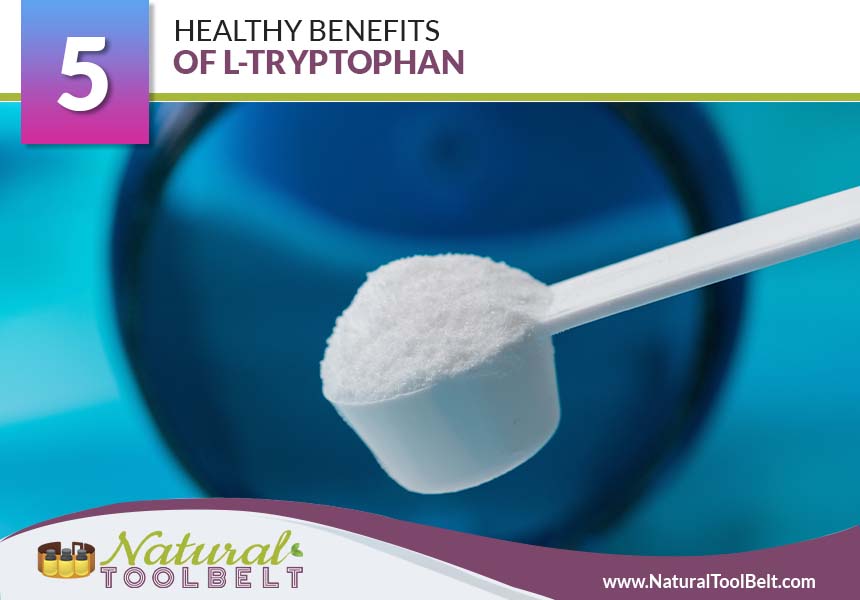5 Benefits Of Milk For Skin Health
A rich source of calcium and protein, milk is usually featured on the A-list of healthy foods for many of us. But if you are wondering whether milk can double up as an ingredient in your skincare routine, you are on the right track! Milk, especially when it is raw and unpasteurized or slightly fermented or sour (think buttermilk), can help your skin in many ways. In this article, we will give you a list of ways milk can help your skin.
First, we will take a look at milk and its exfoliating properties. Next, we will talk about how it can fix uneven skin. Then, we will go over how it can moisturize and fight wrinkles. And finally, we’ll wrap up with milk’s ability to soothe sun damage and burns. Once you are done reading, you will be able to use milk to take care of your skin.

1Works As A Gentle Exfoliator
It’s important to exfoliate the skin regularly to remove dead skin cells, which make your complexion dull and lifeless. Thanks to lactic acid, milk can work as a gentle exfoliator that dissolves dead skin cells. Milk can do this without any of the damaging effects you’d see with harsh chemical exfoliators.
Apply milk directly to your face or even add it to your bath water for a natural and gentle exfoliation treatment. If you have thick, oily skin, you may want to exfoliate three to four times a week. More sensitive skin calls for exfoliating just once or twice.

2Helps Fix Uneven Skin
Freckles, brown spots, suntan, hyperpigmentation, and skin disorders, like melasma, have something in common – that’s melanin, the pigment which is responsible for skin color. As melanin increases, your skin gets darker. Excessive deposits of melanin can lead to a hyperpigmented or uneven complexion. Raw or sour milk can help here, too. Studies show that skin treated with lactic acid has lower deposits of melanin.
You could even try a traditional recipe from South Asia for lightening the skin. Combine raw milk or buttermilk with turmeric powder to make a thick paste, and apply it to darkened or tanned skin. Rinse it off once dry. Turmeric adds to milk’s skin-lightening power since it contains a bioactive compound known as curcumin, which can inhibit the production of melanin.

3Moisturizes The Skin
A patch test is recommended before you use milk on your skin to ensure that your skin doesn’t react adversely to it. If you have a dairy allergy, do not apply it to your skin, as that can trigger a reaction, too. Dry skin is a common problem that many of us face. Dryness can result in flaky, scaly skin that feels rough to the touch and may even itch or crack.
Lactic acid present in milk is a powerful humectant; that is, it draws and preserves moisture and helps keep your skin supple. Meanwhile, fats present in milk can coat your skin and prevent moisture from escaping. Milk proteins also help smoothen and soften skin, which is why they are found in the ingredient list of many cosmetic moisturizers. Apply some creamy full milk to your skin every day for plump, moisturized skin.

4Fights Wrinkles And Fine Lines
With age, not only do fine lines and wrinkles make their presence felt, but your skin also becomes thinner and less firm. But sometimes, this skin aging takes place ahead of its time due to factors like poor skincare routine or excess exposure to the sun. But the goodness of milk can help you fight these signs of skin aging.
Milk contains an alpha hydroxy acid known as lactic acid that can boost skin health. According to one study, when participants used lactic acid on their skin twice a day for three months, it reduced the appearance of wrinkles and lines, made the skin smoother, and improved its firmness and thickness. Since lactic acid is formed when milk is fermented by bacteria, apply raw or slightly sour milk to make the most of this beneficial effect.

5Revives Damaged Skin And Soothes Sunburn
Sun exposure can cause a lot of damage to your skin. It can thin out your skin, make it less elastic, and lead to wrinkles. But research shows that lactic acid can help mitigate sun damage. It results in the shedding of your epidermis, which is the outer layer of skin, thereby promoting the remodeling of the skin.
Studies have also found that treatment with lactic acid can increase collagen, which is a protein that imparts strength and firmness to the skin. It can even help fade your suntan. Interestingly, milk is also recommended in the ancient science of Ayurveda for soothing sunburn. The antioxidants in milk can help soothe the pain and inflammation, and the fats lock in the moisture. Just dip a gauze pad in some cold milk, and apply it to sunburned skin for relief.

Milk is usually featured on the A-list of healthy foods for many of us because it’s a rich source of calcium and protein. You are on the right track if you are wondering whether milk can double up as an ingredient in your skincare routine. Especially when it is raw and unpasteurized or slightly fermented or sour (think buttermilk), milk can help your skin in many ways. In this article, we gave you a list of ways milk can help your skin.
First, we looked at milk and its exfoliating properties. Next, we talked about how it can fix uneven skin. Then we went over how it can moisturize and fight wrinkles. And finally, we closed with milk’s ability to soothe sun damage and burns. Now that you are done reading, you can use milk to take care of your skin.



































